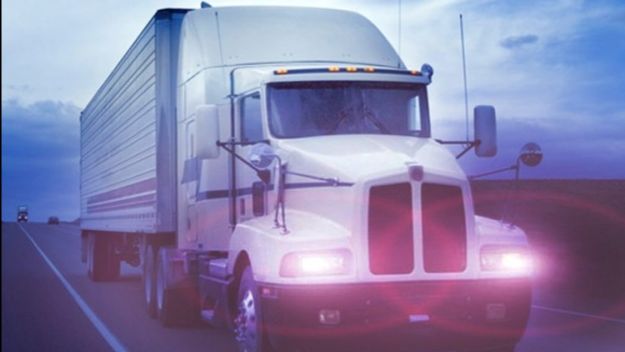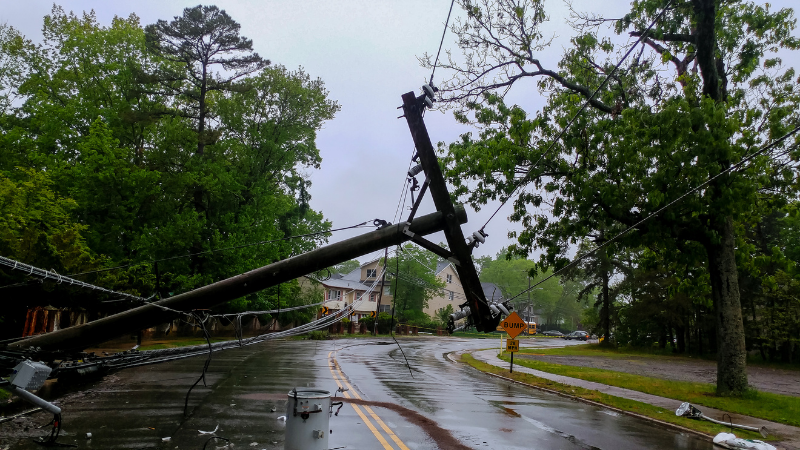
Last week’s announcement from President Biden has sent the transportation world into a complete spin. Biden has charged Occupational Safety and Health Administration (OSHA) to develop the rule which is expected to impact more than 80 million unvaccinated workers in private sector businesses with 100 employees or more. Learn more about the discussion and impact by clicking here.
Please share this information with your team – Safe Travels!

Revised Federal Drug Testing Custody & Control Form
On August 17, 2020, the Office of Management and Budget (OMB) approved a revised Federal Drug Testing Custody and Control Form (CCF).
-
You can view the revised CCF
Revised CCF Includes Data Field for Driver CDL Information
- As a reminder, social security numbers (SSNs) or employee identification numbers (EINs) should not be used to enter a driver’s violation in the Clearinghouse; the Clearinghouse final rule states that users must enter the driver’s commercial driver’s license (CDL) or commercial learner’s permit (CLP) number and State of issuance.
- The revised CCF includes the addition of “CDL State and No.” to the line in Step 1C that captures donor identification information. Including a driver’s CDL number and State of issuance here for all FMCSA-regulated tests assists MROs in reporting drug and alcohol violations in the

Clearinghouse Updates
NEW: Drug & Alcohol Clearinghouse Registration for Student Drivers
FMCSA updated the CDL Drug and Alcohol Clearinghouse registration process to clarify how student drivers with a commercial driver’s license (CDL) or commercial learner’s permit (CLP) should register.
The registration path student drivers select depends on their employment status:
- Student drivers who are employed by a motor carrier must Register as a Driver
- Student drivers in training programs that are not affiliated with or operated by motor carriers must Register as a Student Driver
Student drivers who are enrolled in training programs that are not affiliated with or operated by motor carriers must designate a consortium/third-party administrator (C/TPA) to fulfill their drug and alcohol testing requirements.
What is a C/TPA?
A C/TPA is a service agent that performs required actions to help keep an employer or, in this case, a student driver, compliant with the DOT/FMCSA Drug and Alcohol Testing rules and regulations. Student drivers should contact a C/TPA before designating them in the Clearinghouse to act on their behalf. A driver training school may register in the Clearinghouse as a C/TPA to conduct queries and/or report violations on behalf of the student driver.
How can a student driver register?
Download step-by-step registration instructions below:
- How to Register as a Driver
- How to Register as a Student Driver
- Additional instructional guides and learning materials are available in the Clearinghouse Learning Center.
2020-02 – Roadside Examination of Drug and Alcohol Clearinghouse Status (CVSA)
-
- Thanks to Mike Millard, Thorn Valley LCR in New Mexico for coming up with the following during a recent loss control survey he conducted. It seems the insured driver had been put out of service during a roadside inspection for failure to register with the CDL D&A Clearinghouse.
- Inspection Guidance A driver found to be operating in a prohibited status should be cited for a violation of 49 CFR Part 390.3 – Prohibited from performing safety-sensitive functions per 382.501(a) in the Drug and Alcohol Clearinghouse. This violation is an out-of-service condition in the Commercial Motor Vehicle Safety Alliance North American Standard Out-of-Service Criteria and the driver will be placed out of service if found in a prohibited status.
- https://www.cvsa.org/wp-content/uploads/Inspection-Bulletin-2020-02-Clearinghouse.pdf
Drug and Alcohol program administration – What are my employee and supervisor training responsibilities?
- The regulations do not specify the format (i.e. video, computer, classroom, etc.) must be used to meet the training requirements. Therefore, self-certification is acceptable. Thorn Valley Safety does recommend a proctor be used to keep time and certify that the 2 hour minimum for Supervisor Reasonable Suspicion Training be met.
- Links to training resources from DOT/FMCSA can be found at thornvalleysafety.com/resources under the Controlled Substances and Alcohol section.

OSHA & FMCSA Fines & Penalties
US Department of Labor proposes $1.3M in penalties for contractor with extensive history of violations after two workers die at Boston dig site
BOSTON – On Feb. 24, 2021, at a sewer repair worksite on High Street in downtown Boston, Jordy Alexander Castaneda Romero, 27, and Juan Carlos Figueroa Gutierrez, 33, died after a dump truck struck and pushed them into a nine-foot deep trench. For their employer, Atlantic Coast Utilities LLC/Advanced Utilities Inc., its predecessor company Shannon Construction Corp., their owner Laurence Moloney and successor company, Sterling Excavation LLC the incident is the latest in a long history of ignoring the safety and health of its employees.
Chief among the violations was the company’s refusal to train Romero, Gutierrez and other workers to recognize and avoid work-related hazards. OSHA also found Atlantic Coast Utilities LLC/Advanced Utilities Inc. failed to conduct worksite inspections to identify and correct hazards, including the risks of being struck by construction vehicles and other traffic, crushed or engulfed in an unguarded trench, and being overcome by oxygen-deficient or toxic atmospheres in the trench and an adjacent manhole.
WASHINGTON – The U.S. Department of Transportation’s Federal Motor Carrier Safety Administration (FMCSA) has declared Jean Lafortune, Jr., of North Carolina to be an imminent hazard to public safety and has ordered him not to operate any commercial motor vehicle in interstate commerce. Lafortune was served the federal order on July 22, 2021.

IDA Emergency Declaration
FMCSA SSC – WSC – Regional Emergency Declaration 2021-008 – Hurricane Ida – 08-29-2021
This Declaration addresses the emergency conditions creating a need for immediate transportation of supplies, goods, equipment, fuel, and persons and provides necessary relief. Affected States (Affected States) included in this Emergency Declaration are: Alabama, Arkansas, Louisiana, Mississippi, Tennessee, and Texas.
This emergency order is effective as of August 29, 2021, and shall remain in effect until the end of the emergency (as defined in 49 CFR § 390.5) or until 11:59 P.M. (ET), September 28, 2021, whichever is earlier.
“What regulations are not exempted?” and other General Emergency Frequently Asked Questions.
Workers performing recovery and cleanup operations following a tropical storm or hurricane face hazards from flooding, power loss, structural damage, fallen trees and storm debris. Visit OSHA’s Flood Response and Recovery webpage and list of storm recovery safety publications to learn how to keep workers safe.
